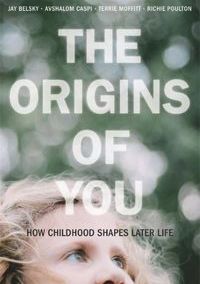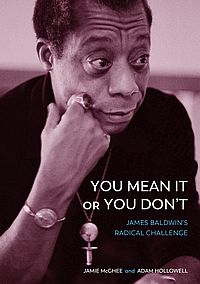Shelter Theology: The Religious Lives of People Without Homes
5 Questions to Consider While Reading
- What are common stereotypes about unhoused people?
- How does Shelter Theology challenge those stereotypes?
- When assessing religious beliefs, how important is it to pay attention to how they function to offer hope, purpose, or some other positive good?
- How important is to get to know an unhoused person as a peer and not as someone to be fixed?
- Are there places in your community where people can form friendships with unhoused people?
Biography
Susan J Dunlap, Ph.D. is a Consulting Professor of Pastoral Theology at Duke Divinity School. In addition, she is the coordinator of the M.Div./M.S.W. dual degree program that the Divinity School shares with the University of North Carolina. Her teaching has been in the area of care of the sick and care for the bereaved. She also teaches two courses that integrate ministry and social work along with a colleague from UNC School of Social Work. She is an ordained Presbyterian (PCUSA) pastor and has served churches in both the Triangle area and Baltimore, MD. In Baltimore she was the pastor of a small church for four years before returning to school for a Th.M. from Duke and a Ph.D. from Princeton Theological Seminary. She has been on the Strategy Team of a community organizing group, Durham CAN, and serves on the board of the Religious Coalition for a Nonviolent Durham, where she also co-leads a grief group for family members of people who have died violently. She also serves as a volunteer chaplain at Urban Ministries of Durham. She is the author of three books, Counseling Depressed Women (1997), Caring Cultures: How Congregations Respond to the Sick (2009), and Shelter Theology: The Religious Lives of People Without Homes (2021). She lives in Durham with her husband, Dr. Prasad Kasibhatla, who teaches in the Duke’s Nicholas School of the Environment.


